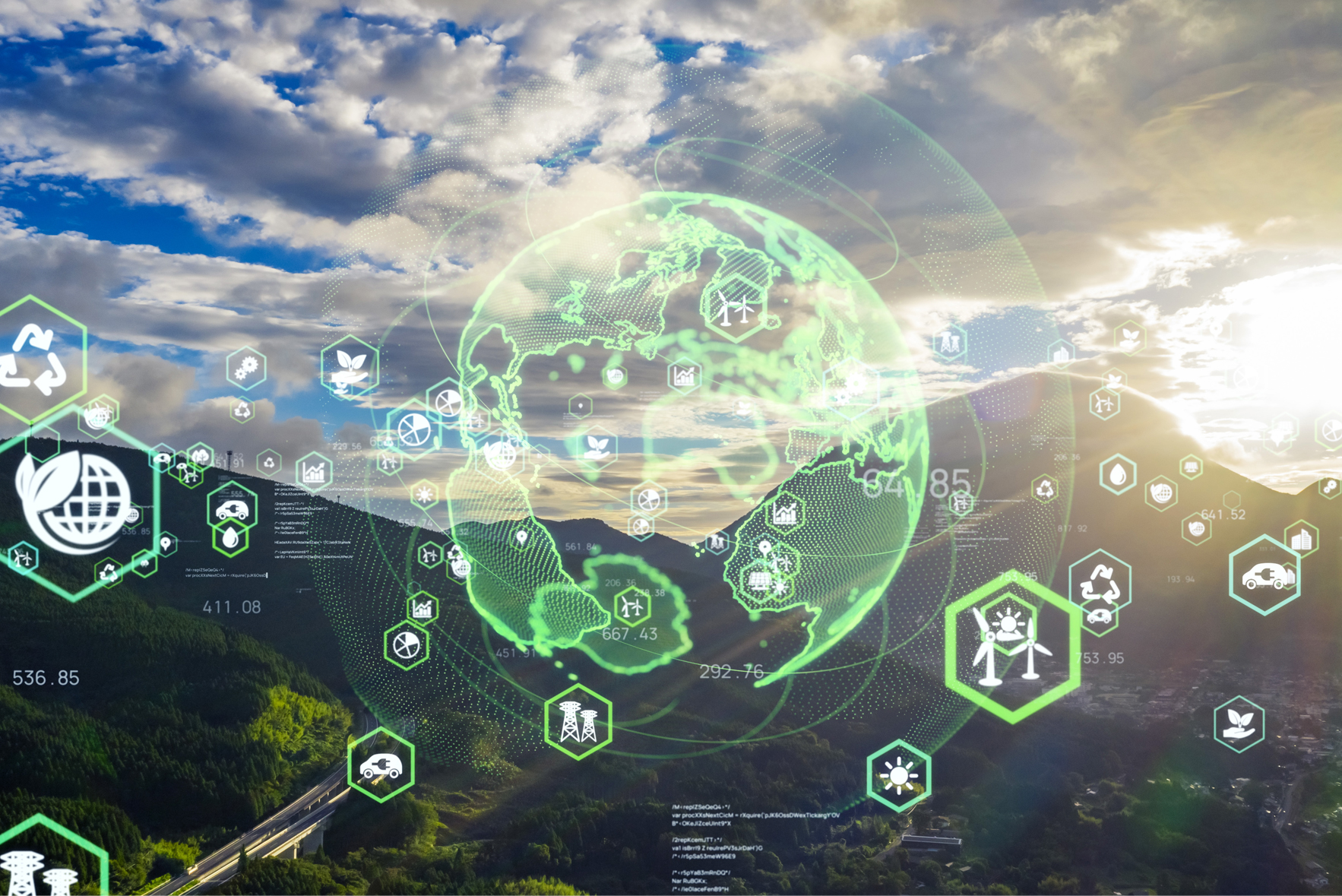The purposeful clearing of forested land for human purpose – such as making space for agriculture and using the wood for fuel, manufacturing, and construction – can cause wide scale damage. Since 1990, the world has lost more than 420 million hectares or about a billion acres of forest, according to the Food and Agriculture Organization of the United Nations—mainly in Africa and South America. Of course, cutting trees is inevitable for the continuation of production, however, the important part is to replace the trees that are cut down. It is also crucial to apply due diligence and assure sustainable wood sourcing.

A New Standard
Cellulosic fibers as a solution – sustainable, biodegradable and thereby no negative impact on our environment.





































